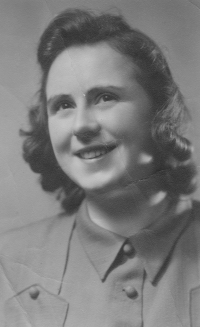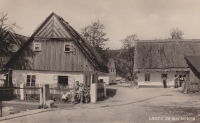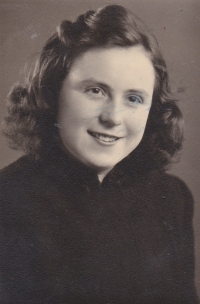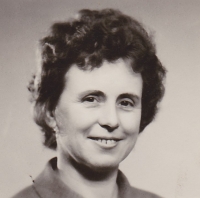Families from Kladsko fled to us after the war, they could not stand the bullying by the Polish soldiers
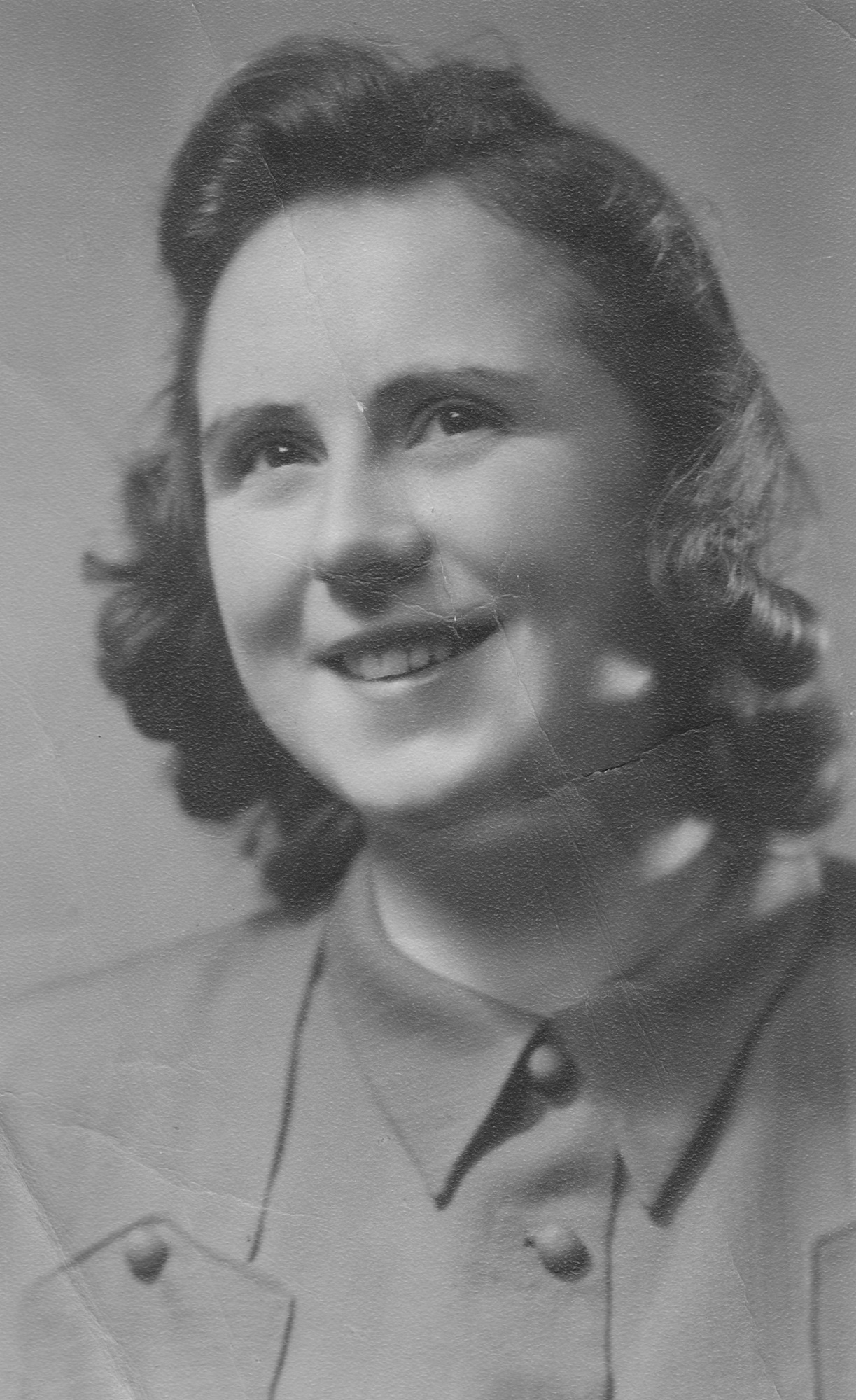
Download image
Anna Smržová, née Ševců, was born on February 5, 1927, in Machovská Lhota, in close proximity to the then Czech-German (now Czech-Polish) border. During the First World War, her father Rudolf Ševců studied as a gardener in the Broumov monastery. He married Anna Rücker, whose family owned a general store in Machov. They gradually gave birth to three daughters, of whom only the last Anna survived. She attended school in Machov for eight years and then transferred to a family school in Hronov. After the second year, her studies were interrupted during the Second World War and she began working as a women’s tailor in nearby Bezděkov nad Metují. At that time, her father worked as a gardener in neighbouring Nouzín, which already lay beyond the former state border, in the so-called Czech Corner in Kłodzko. Until 1945, the territory fell under the then German Empire, after 1945 it fell to Poland. Anna remembers the post-war movements and integration of the Kladno Czechs. After May 1945 she started working in a tailor’s plant in Broumov. In September 1947, she married Jan Smrž. At the time of filming, she lived in Machovská Lhota (2017).
